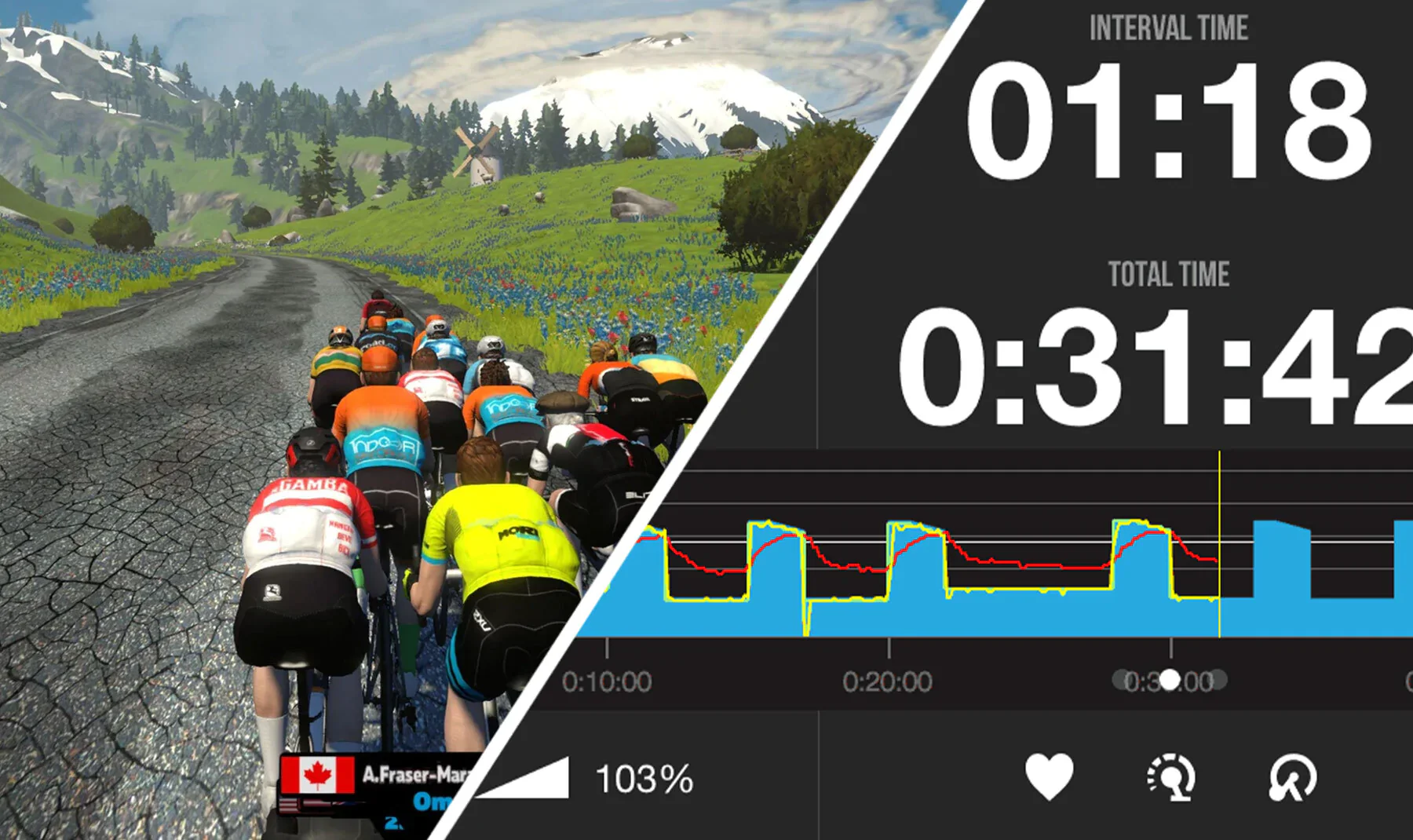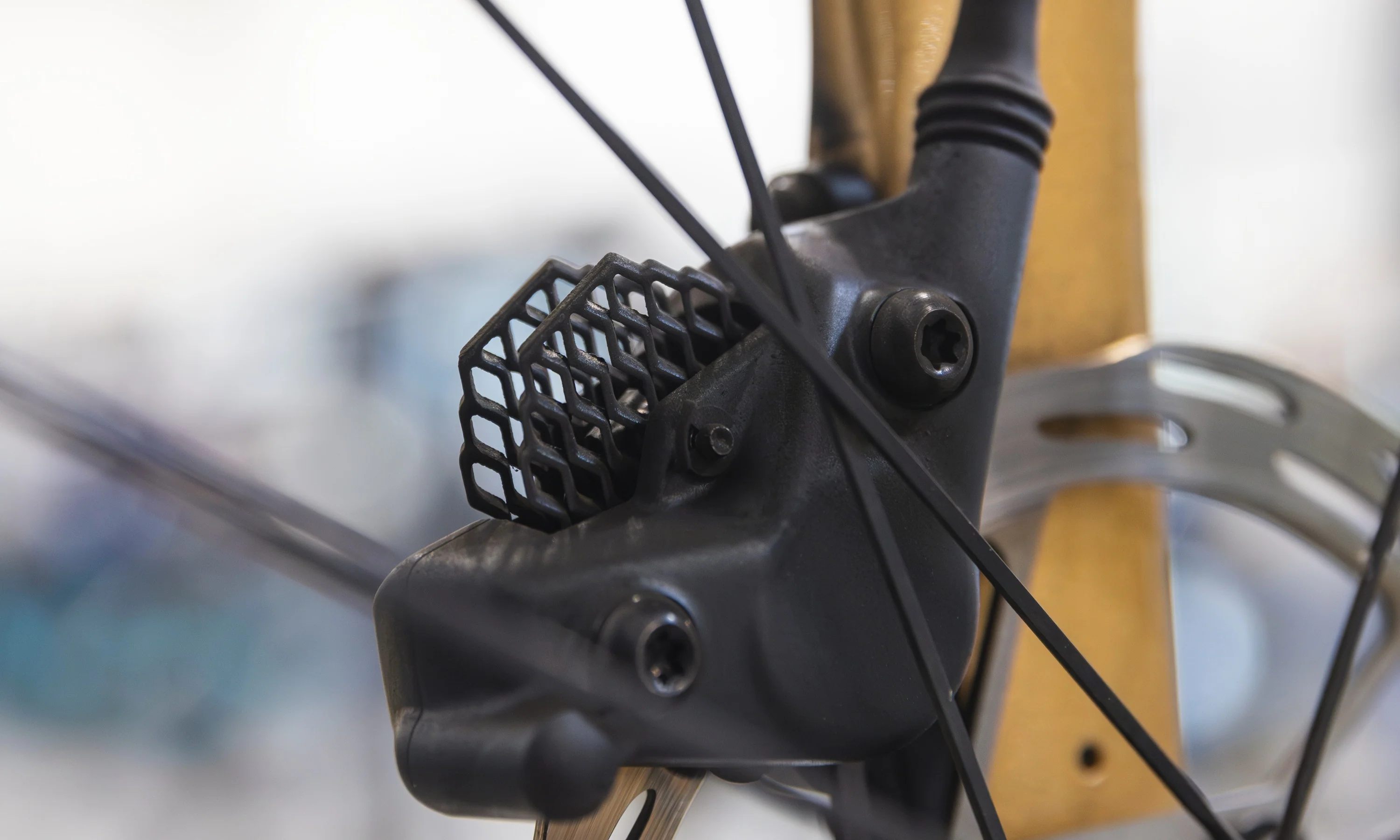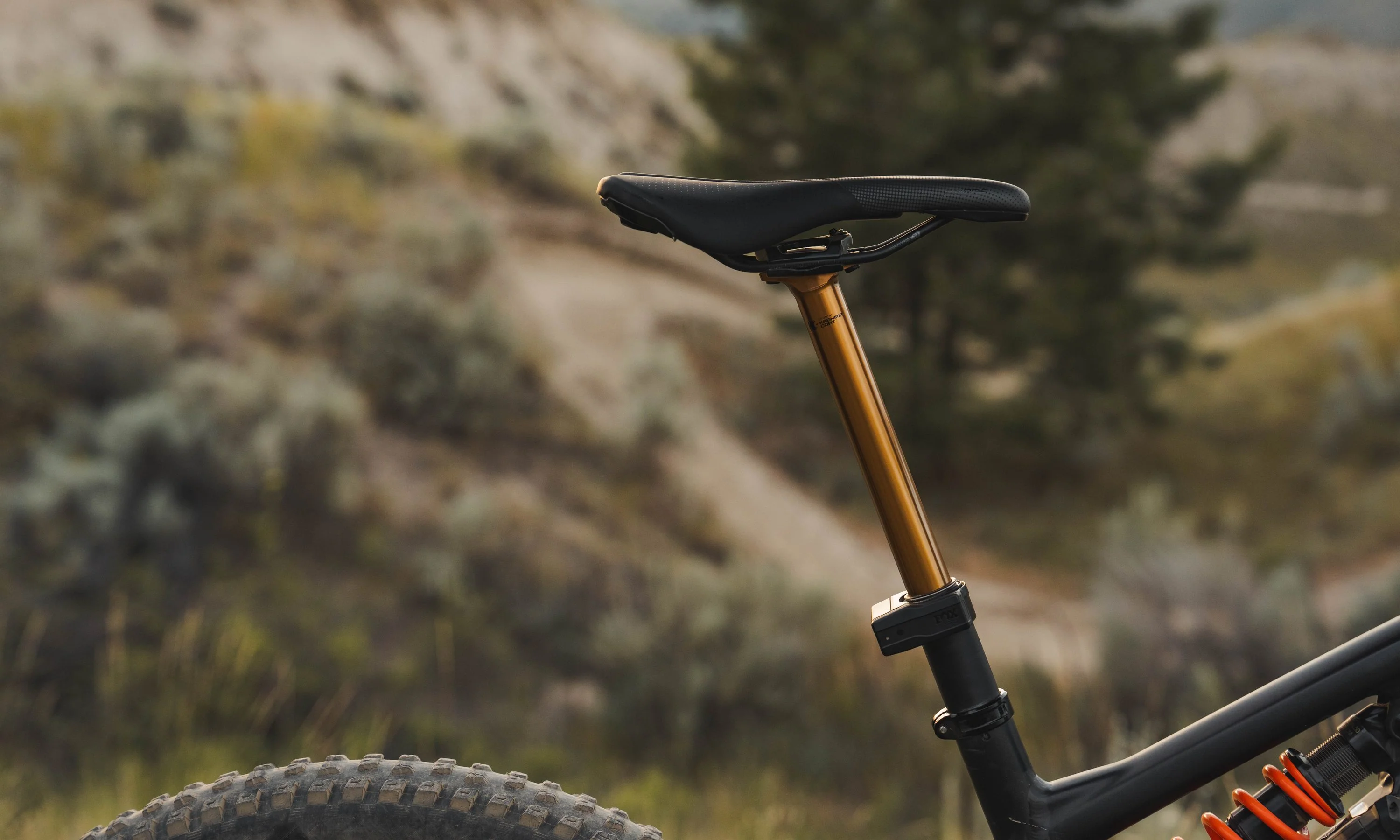Check out our I9 wheel collection.

Wheels are obviously important. After your tire, they are the first point of contact between you and the ground. They take your power and riding inputs and translate it into how your bike moves forward. Make a wheel lighter, stiffer, wider, more aerodynamic, or more impact resistant, and you’ll feel the difference when you ride. This is true for both road and mountain bikes. When looking for a set of upgraded wheels, people are often most interested in selecting the right the rim, and the hubs almost become an afterthought.

So I’m here to wax poetic about the brilliance of really good hubs. To me, rims have a finite lifespan. A well-placed rock can easily end a rim's life. In the last couple of years, I’ve had to replace the rims on my mountain bike 4 times. But when you rebuild wheels, you can always reuse the hubs.
A good, quality set of hubs, can outlive several rims and even several bikes. Working in a shop where I see hundreds of sets of used wheels every week, I see plenty of wheels that have to be scrapped, simply because the hubs are shot. Good hubs can be the difference between a wheelset worth riding forever, and one that’s better off forgotten.
There are dozens of good, well-designed hubs out there though. But then, there’s Industry Nine. They're beautiful, reliable, and American made in Asheville, North Carolina. Of the last five wheelsets I’ve ridden, three have had Industry Nine’s standard-setting Torch Classic hubs. In the mountain bike world, these hubs have come to be my hub of choice, the standard I measure all else against.

Don't get me wrong, their competitors aren’t at all bad. DT Swiss, Chris King, Hope, and others make hubs that are durable, easy to service, and lightweight. They also provide plenty of options for hot, anodized colors for customization. And they’ll all likely last through seasons of hard riding and many sets of rims. But for me, there’s one specific thing that sets Industry Nine apart from the competition: engagement.
Engagement is essentially how many “clicks” you hear when the rear wheel is freewheeling. Your bike's cassette is mounted to the hub on a freehub, which houses a mechanism that allows the hub and wheel to continue spinning freely when you’re not pedaling.
Hub manufacturers can use different methods, but the most common mechanism for allowing this is a set of spring-loaded pawls. These pawls are little arms that pass over ridges that are machined inside the hub. As the hub spins forward the ridges pass smoothly over the backside of the pawls. These are the clicks you hear when freewheeling. When you pedal, the pawls spring up and bite the ridges to transfer the power.
Some hubs simply have more clicks than others. This is referred to as “points of engagement” (POE). Industry Nine 6 pawl hubs have a whopping 120 points of engagement. As a reference, Chris Kings have 72 and DT Swiss can run up to 54 with their Star Ratchet system. Industry Nine achieves this by using 6 offset pawls in their hubs.

A standard hub will likely utilize a standard 3 pawl design. Industry Nine, however, adds a second set of 3 pawls to their hubs, but these pawls are offset slightly to be out of phase with the first set. This means when one set of pawls isn’t engaged against the ridges of the hub, the second set is. It’s essentially taking a hub with 60 points of engagement, which is already very good when compared with the competition, and doubling it to 120.
This high POE gives you another amazing stat: Industry Nine Hubs only have 3 degrees of engagement. What this means is that you only have to rotate your crank arms 3 degrees (through a full revolution of 360 degrees) before the pawls will engage and drive the hub forward. Again, comparing other high-end hubs, Chris King has 5 degrees of engagement and a DT Swiss hub with a 54t Star Ratchet has 6.6 degrees.
What this means is that you have a quantifiable advantage when pedaling, especially when riding through chunky terrain, or accelerating after coasting. This can make a positive difference in your riding. When riding slow and technical features, where you’re balancing and ratcheting your cranks, the immediate feeling engagement of the Industry Nines can be the difference between cleaning a section and getting off to walk.

Quick engagement can stoke your confidence, not only on technical trails but in racing situations where immediate power makes it easier to sneak in pedal strokes while flying through choppy sections or get on the power just a split second sooner when exiting a corner. This confidence is key. Knowing that my pedals will always instantly connect the power I'm exerting to my wheels improves my performance mentally.
Sure, a skilled rider will do just fine on a hub with less engagement. A better rider than me will probably still smoke me on any hub that will spin. What Industry Nine hubs give me though, is the sense that I could be just as good as these better riders. I feel more connected to my bike. When I ride on them, I don’t have to think or worry. I just pedal, and instantaneously, they go.
Plus, nothing turns heads in the shop like the click of a good high-engagement hub. It’s like hearing a sports car with a nice sounding exhaust pass by. Some simple, animal part of my psyche tells me that I must look, for fear of missing out on something awesome. It’s a matter of taste, and I know that some can’t stand it, but I can't help but love loud hubs. A custom high-end bike build doesn’t feel complete to me without that satisfying click. And like a sporty exhaust, the excitement of the sound just makes me feel faster too.

In the engagement game, there are two more hubs I still need to try. Profile hubs, which have their roots in BMX, offer a mind-blowing 204 points of engagement. Part of me fears that this might be too much because of increased hub drag and concern that my portly body will break the freewheel mechanism if it's shrunk enough to double what Industry Nine offers. But I'll just have to ride one someday and find out for myself.
The other is Onyx hubs, which use a unique sprag clutch mechanism to provide a truly instantaneous 0 degrees of engagement. The downside, however, is that not only are the hubs significantly heavier than Industry Nines, but they're completely silent also. This is perfect for someone out there, but not me. My soul just needs to hear that buzz too much. Either way, any new hub I'll try is going to have to measure up to the benchmark, Industry Nine's Torch Classic hub.
Check out our I9 wheel collection.

Bruce is a writer who loves getting his bikes dirty, trying new tech, and riding tough trails that make him suffer for hours at a time.













